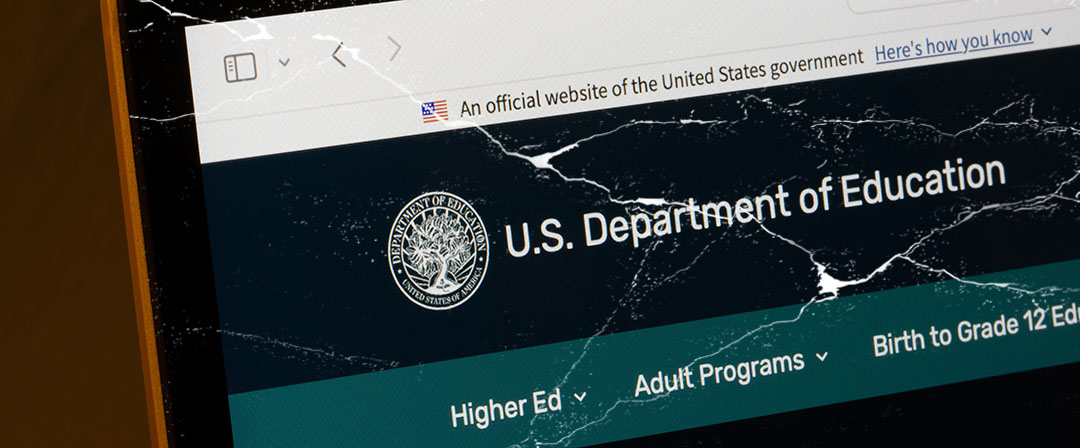Policy leaders headed to Washington have proposed major changes to the U.S. Department of Education (USDOE) — some have suggested that it be “dismantled,” and others have suggested it be “abolished.” During his campaign, President Trump promised to “close the Department of Education and move it back to the states.”
Eliminating the USDOE and the funding, protections, and regulations that go with the laws it enforces would have profound and far-reaching consequences for students with disabilities, their families, and educators.
What could happen?
- Loss of Protections Against Discrimination — Students with disabilities might no longer be guaranteed their legal protections against discrimination. This could allow schools to segregate or exclude students with disabilities.
- Increased Inequity — Without federal oversight or funding, some districts might provide limited special education services, or might opt to eliminate them entirely.
- Removal of Individualized Education Plan (IEP) Requirement — Without federal rules or oversight, local districts would be under no obligation to provide individualized supports for students with disabilities. Related services as speech therapy, occupational therapy, physical therapy, and behavioral interventions could be eliminated or severely limited.
- Teacher and Staff Layoffs — Without federal funding and regulations, districts might be forced to fire teachers. Special education teachers are often highly trained to address the unique needs of students with disabilities, and without these experts, the quality of education for these students would decline.
- Uncertainty and Added Burdens on Families — With no agency in Washington enforcing special education laws, the responsibility shifts to state and local governments. Some states might choose to continue providing services, but others may opt to cut or reduce these services to save money. This could lead to inconsistency across and within states. Parents and guardians of students with disabilities could face added burdens in advocating for their children’s rights without the framework provided by IDEA and other laws. Families might need to negotiate with school systems or to hire private services, further marginalizing lower-income families who cannot afford these alternatives.


 .
.